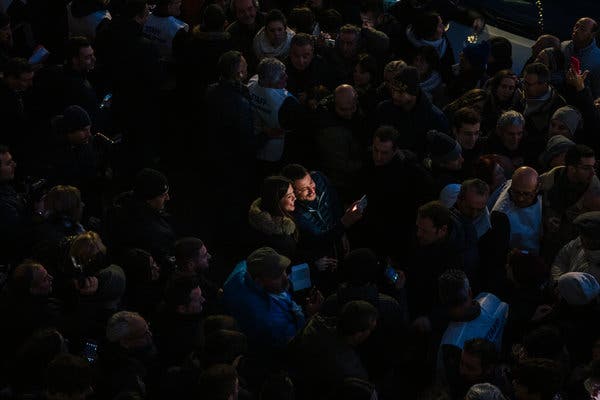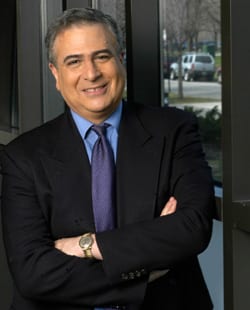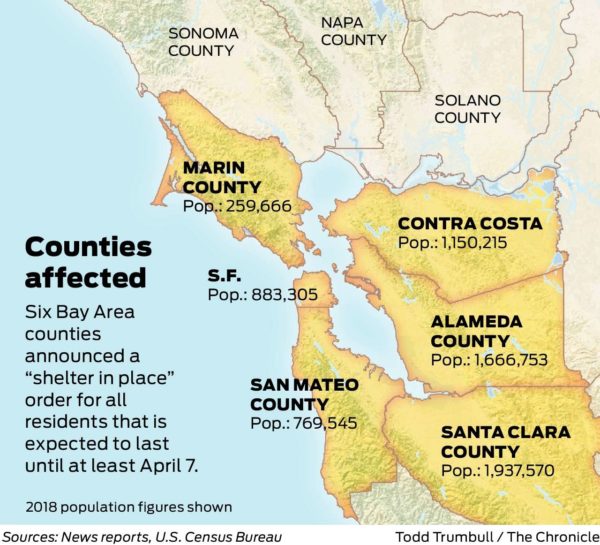Advertisement
The hard-right leader may be poised for a breakthrough in two traditionally hostile regions. If he can win there, his opponents fear, he can win anywhere.

ROME — Chaos once again reigns over Italian politics. The government is adrift. The political parties are cratering and cracking. But there remains one center of gravity around which everything revolves.
Matteo Salvini, the tough former interior minister and leader of the anti-migrant League party, is that organizing force, despite having lost his powerful position and grip on the government in a dramatic shake-up last summer.
Any semblance of stability comes from coalitions awkwardly forged to prevent him from prompting early elections and taking what he has called “full powers.”
But on Sunday, Mr. Salvini will have an opportunity to apply what he hopes will be unbearable pressure on the tenuous bonds between his enemies in the fragile governing alliance.
Polls show that his hard-right League party is well positioned to win in regional elections in the northern region of Emilia-Romagna, which has for decades been synonymous with the Italian left, and in the region of Calabria — in the country’s south, from which Mr. Salvini not so long ago advocated secession.
If the rabble-rousing nationalist can win in these places, he will solidify his centrality and his case that he can win anywhere.
“That’s the goal,” he said in an interview this month in Emilia-Romagna after a long day of posing for selfies and campaigning in front of a floating Nativity scene, and dictating, quite literally, the day’s news cycle to reporters. “It would be a clear sign on a national level, but also on a European level.”
Sitting under an “Italians First” banner and surrounded by 400 party activists at a dinner in Lugo di Romagna, he ate pasta, sipped local red wine and spoke about how a victory in this traditionally left-leaning region would “absolutely” demonstrate that he should be the one leading the country.
Mr. Salvini predicted that his victory would “open an enormous problem” between the governing coalition of his former allies the Five Star Movement and the center-left Democratic Party, and make its collapse, and early elections, more likely.
Some damage had already been done. On Wednesday, Luigi Di Maio, the embattled political leader of Five Star, resigned his position amid falling poll numbers and climbing internal dissatisfaction.
But Mr. Salvini’s problem is that the stronger he gets, the less incentive his opponents have to face him in new national elections. “They can’t delay forever,” Mr. Salvini said.
In the meantime, liberals worry about the national significance of Mr. Salvini winning in Emilia-Romagna, long the Communist buckle of Italy’s Red Belt.
A victory “would mean that society has different values from before and wants an alternative,” said Elly Schlein, a liberal candidate for local office, who took part in a tiny demonstration outside a Bologna theater where Mr. Salvini was warmly greeted at a holiday celebration for the children of police officers. “A nationalist turn.”
A victory in Calabria would also clearly signal the national reach of Mr. Salvini’s League, a party born as a northern secessionist movement that exalted an imaginary region called Padania.
For years, the party denigrated the south as a thieving leech on the resources of the more prosperous north. But as Mr. Salvini has shifted his ire to migrants coming illegally from Africa, he has expanded his base to the south.
“Calabrians and Italians first,” he now says. “Then the rest of the world.”
In Emilia-Romagna, he has tirelessly campaigned for his candidate, the League politician Lucia Borgonzoni, seeking to turn out his base in rural districts with his usual recipe of anti-migrant language and nostalgic appeals to the Italian good old days.
But Mr. Salvini has also sought to convince frustrated workers in the cities that the traditional left had abandoned them for big banking interests and that he was the working man’s choice.
Above all, Mr. Salvini has sought to nationalize the election.
“It’s not a regional election. Because for the first time in 50 years we can win,” he told supporters in front of an enormous bonfire in Terra del Sole, referring to the left’s longtime dominance of the region. “And it’s in your hands.”
Nationalizing the race is a strategy that makes particular sense in Emilia-Romagna, a wealthy region governed by the Democratic Party, where unemployment has shrunk, health care services are admired and the quality of life is high.
“The region has always been governed by the left, also governed well,” said Claudio Casari, a 64-year-old carpenter who cheered Mr. Salvini as his “captain” outside a marine museum in Cesenatico.
But he said that a general Italian malaise had led young people to leave the country and the region, and that Italy needed a strong leader like Mr. Salvini to restore faith. “He brings hope to Italy,” Mr. Casari said.
Mr. Salvini’s many detractors argued that he used his time in government to draw attention to himself and increase his political support with publicity stunts rather than help get Italy out of its slump.
On Tuesday, Mr. Salvini streamed video of himself buzzing the doorbell of a Tunisian family in a working class section of Bologna and asking the person who answered the intercom if their son dealt drugs, as locals asserted. The Tunisian ambassador protested that the incident “was a deplorable provocation” that “stigmatized the whole Tunisian community in Italy.”
But national leaders of the Democratic Party are loath to make their case on the ground in Emilia-Romagna, and have largely steered clear of the region to keep the race local and play down the consequences if they lose.
Enthusiasm there has largely come from the Sardines, a liberal grass-roots movement created to stop Mr. Salvini.
The Sardines packed Bologna’s main square with tens of thousands of people on Sunday night and plan to close out the race with a rally in the beach club where Mr. Salvini spent most of the summer. They have repeatedly taken credit for infusing the candidacy of the region’s incumbent governor, Stefano Bonaccini, with life.
Mr. Bonaccini has himself urged voters to recall that Mr. Salvini is not on the ballot and that Ms. Borgonzoni, who picked fights with France over Leonardo da Vinci paintings as a Ministry of Culture under secretary and who struggled to name Emilia-Romagna’s bordering regions in a radio interview, was the “ghost candidate.”
“After Jan. 26, Salvini will leave,” Mr. Bonaccini, who has not included his party’s symbol in campaign posters, has repeatedly said. “But Borgonzoni will stay in the region.”
Instead of delving into local issues, Mr. Salvini, who often dressed in the uniforms of Italy’s law enforcement during his time in power, has fully immersed himself in the corduroy pants and jackets, sweaters and suede shoes associated with the liberal intellectuals and Communists who long held sway here.
He sings the folk song “Romagna Mia” at events. He waxes poetic about tortellini and elevated Parmesan cheese to a moral value.
But for Mr. Salvini, the substance of the remarks is often Matteo Salvini. He has developed a knack for victimization, a tactic in Italian politics perfected by former Prime Minister Silvio Berlusconi, who Mr. Salvini has fully eclipsed as the central player of Italy’s right.
In the interview, Mr. Salvini clearly relished the attacks of his opponents.
“Surely it doesn’t scare me, or do me harm,” he said, adding: “When there are protests against the League and Salvini, it only makes me happy. Because the regular Italian chooses — either Salvini or that other stuff there.”
Most recently, Mr. Salvini has identified Italy’s judicial system as his preferred foil in an effort to motivate voters.
Specifically, Mr. Salvini talks about the efforts of Sicilian magistrates to prosecute him for “abduction,” related to his refusal as interior minister to let a Coast Guard ship full of rescued migrants dock in Italy.
By trying him, he told the cheering crowd in Cesenatico, “they will put the entire Italian people on trial.”
On Tuesday, he kicked off a “FastForSalvini” campaign, in which he urged his supporters to show solidarity with him in a daylong hunger strike. He began it with a cup of ginseng and vitamins.
More broadly, Mr. Salvini has managed to remain the object of obsession for Italy’s varying political parties and media. His Facebook, Twitter, Instagram and TikTok posts reliably generate articles in the country’s politically obsessed, and clubby, media.
At the marine museum in Cesenatico, when Italian reporters pleaded with him for a sound bite, he used the moment to decide what the day’s subject of conversation would be.
“I haven’t even read the papers today,” Mr. Salvini, a little glassy-eyed, said as he popped some mints into his mouth. He opened up Il Corriere Della Sera newspaper on his cellphone and took a minute to scan through while the reporters waited silently.
A reporter of the state broadcaster RAI gave his microphone to a local Salvini supporter who stood next to him.
“Let’s do it on the trial and the road deaths,” Mr. Salvini said, pausing to collect his thoughts. “And go.”
Then, they asked about the trial and the road deaths.


